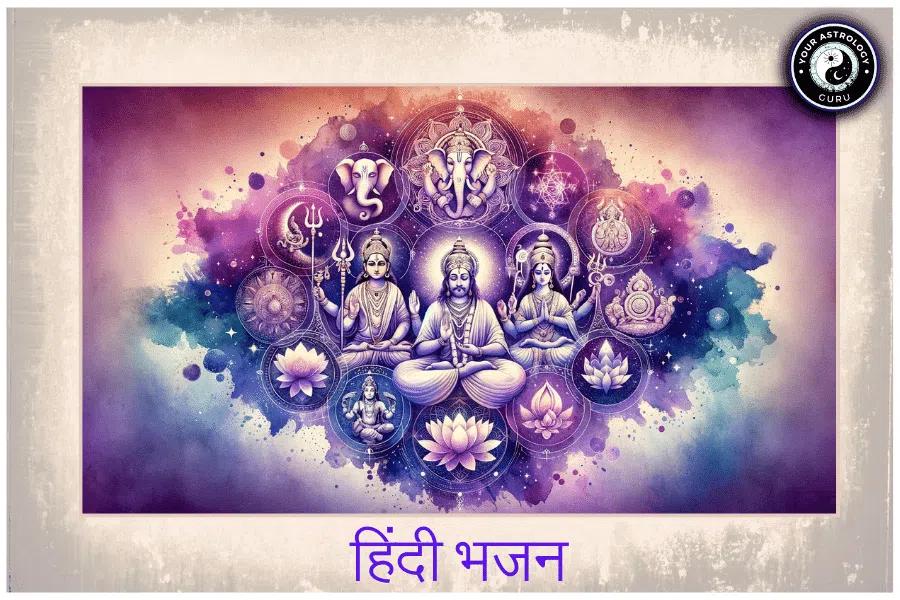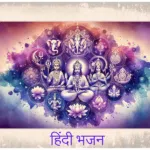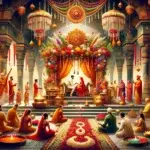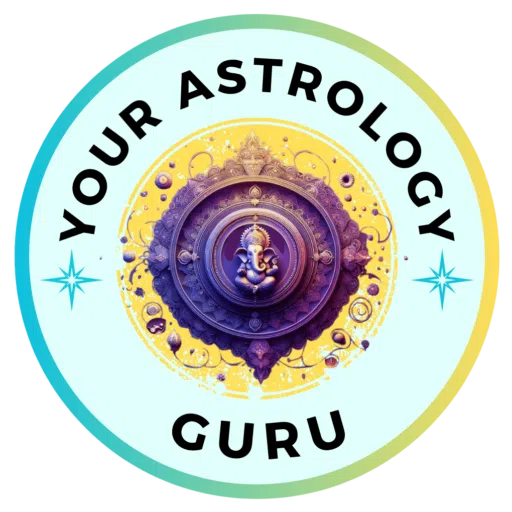The Vedic horoscope chart, also known as the Janam Kundali, is an essential tool in Vedic astrology. It is a map of the positions of the planets at the time of an individual’s birth and is used to gain insight into various aspects of their life. Vedic astrology has deep roots in Indian culture and has been practiced for thousands of years. It is believed to provide valuable guidance and predictions about a person’s life, including their personality traits, career prospects, relationships, health, and major life events.
In Indian culture, Vedic astrology holds great importance. It is considered a sacred science that can help individuals understand their purpose in life and make informed decisions. Many people consult Vedic astrologers before making important life choices such as marriage, starting a business, or changing careers. The Vedic horoscope chart is believed to provide valuable insights into a person’s strengths, weaknesses, and potential challenges.
Vedic astrology differs from Western astrology in several ways. While Western astrology focuses on the position of the sun at the time of birth, Vedic astrology takes into account the positions of all nine planets, including the moon. Additionally, Vedic astrology uses a different zodiac system called the sidereal zodiac, which is based on the actual positions of the stars in the sky. This makes Vedic astrology more accurate when it comes to predicting events and understanding a person’s life path.
Table of Contents
The Science of Vedic Astrology: How It Works
Vedic astrology is based on the principles of karma and reincarnation. It believes that our actions in past lives determine our current circumstances and that we have the power to shape our future through our present actions. The positions of the planets at the time of birth are believed to reflect these karmic influences and provide insights into our strengths, weaknesses, and life lessons.
The planets play a crucial role in Vedic astrology. Each planet represents a different aspect of life and has its own unique energy. For example, the sun represents the self, ego, and vitality, while the moon represents emotions and the mind. The movements of the planets through the zodiac signs are believed to influence our lives and shape our destiny.
The zodiac signs also play a significant role in Vedic astrology. There are 12 zodiac signs, each representing different qualities and characteristics. The position of the planets in relation to the zodiac signs at the time of birth provides valuable information about a person’s personality traits, strengths, and weaknesses.
The Role of Planets and Zodiac Signs in Vedic Horoscope Chart
In Vedic astrology, each planet has its own unique influence on a person’s life. Let’s take a closer look at each planet and its significance:
– Sun: The sun represents the self, ego, vitality, and leadership qualities. Its placement in the horoscope chart can indicate a person’s level of confidence and ambition.
– Moon: The moon represents emotions, intuition, and the mind. Its placement in the chart can reveal a person’s emotional nature and how they process their feelings.
– Mars: Mars represents energy, passion, and drive. Its placement in the chart can indicate a person’s level of assertiveness and determination.
– Mercury: Mercury represents communication, intellect, and learning. Its placement in the chart can reveal a person’s communication style and intellectual abilities.
– Jupiter: Jupiter represents wisdom, knowledge, and expansion. Its placement in the chart can indicate a person’s level of optimism and abundance.
– Venus: Venus represents love, beauty, and harmony. Its placement in the chart can reveal a person’s approach to relationships and their aesthetic preferences.
– Saturn: Saturn represents discipline, responsibility, and hard work. Its placement in the chart can indicate a person’s level of maturity and ability to handle challenges.
– Rahu: Rahu represents desires, ambitions, and materialism. Its placement in the chart can indicate a person’s areas of obsession and potential for growth.
– Ketu: Ketu represents spirituality, detachment, and liberation. Its placement in the chart can indicate a person’s spiritual inclinations and areas of growth.
The 12 zodiac signs also play a significant role in the horoscope chart. Each sign has its own unique qualities and characteristics. For example, Aries is known for its assertiveness and leadership qualities, while Taurus is known for its stability and practicality. The position of the planets in relation to the zodiac signs provides valuable insights into a person’s personality traits and life path.
The Importance of Birth Time and Location in Vedic Astrology
In Vedic astrology, the accuracy of the horoscope chart depends on the precise birth time and location. The birth time determines the ascendant or rising sign, which is one of the most important factors in the chart. The ascendant represents a person’s outward personality and how they present themselves to the world.
The birth location is also crucial as it determines the placement of the houses in the chart. The houses represent different areas of life such as career, relationships, health, and finances. The position of the planets in relation to these houses provides valuable insights into a person’s life experiences and potential challenges.
To accurately determine birth time and location, it is recommended to consult official birth records or ask family members who were present at the time of birth. In some cases, rectification techniques can be used to estimate the birth time if it is unknown or uncertain.
Decoding Your Personality Traits with Vedic Horoscope Chart
One of the most fascinating aspects of Vedic astrology is its ability to reveal a person’s personality traits through their horoscope chart. By analyzing the positions of the planets and their relationship to the zodiac signs, an astrologer can gain valuable insights into a person’s strengths, weaknesses, and potential challenges.
The moon sign, also known as the Rashi, is particularly significant in Vedic astrology. It represents a person’s emotional nature and how they process their feelings. For example, someone with a moon in Aries may be impulsive and quick to anger, while someone with a moon in Cancer may be nurturing and sensitive.
The different houses in the horoscope chart also provide valuable information about a person’s personality traits. For example, the first house represents the self and how a person presents themselves to the world. The second house represents wealth and material possessions. The third house represents communication and siblings. By analyzing the positions of the planets in these houses, an astrologer can gain insights into a person’s personality traits and life experiences.
Predicting Your Career and Financial Prospects with Vedic Astrology
Another important aspect of Vedic astrology is its ability to predict career success and financial prospects. The horoscope chart provides valuable insights into a person’s strengths, weaknesses, and potential challenges in these areas.
The 10th house in the horoscope chart is particularly significant when it comes to career. It represents one’s profession, reputation, and public image. The position of the planets in the 10th house can indicate a person’s career path and potential for success.
The different planetary placements in the chart also provide valuable information about a person’s financial prospects. For example, a strong placement of Venus can indicate financial abundance and success in business ventures. On the other hand, a challenging placement of Saturn may indicate financial struggles or delays.
Understanding Your Love Life and Relationships with Vedic Horoscope Chart
Vedic astrology can also provide valuable insights into a person’s love life and relationships. The horoscope chart reveals relationship patterns and can help individuals understand their compatibility with others.
The 7th house in the horoscope chart is particularly significant when it comes to relationships. It represents marriage, partnerships, and long-term commitments. The position of the planets in the 7th house can indicate a person’s approach to relationships and their potential for harmonious partnerships.
The different planetary placements in the chart also provide valuable information about a person’s love life. For example, a strong placement of Venus can indicate a loving and harmonious relationship, while a challenging placement of Mars may indicate conflicts or challenges in relationships.
Identifying Health Issues and Remedies with Vedic Astrology
Vedic astrology can also provide insights into potential health issues and remedies. The horoscope chart reveals the areas of the body that may be prone to health problems and can help individuals take preventive measures.
The 6th house in the horoscope chart is particularly significant when it comes to health. It represents diseases, illnesses, and physical well-being. The position of the planets in the 6th house can indicate a person’s susceptibility to certain health issues.
The different planetary placements in the chart also provide valuable information about potential health remedies. For example, a strong placement of Jupiter can indicate good overall health and a strong immune system, while a challenging placement of Saturn may indicate chronic health issues or weak bones.
Timing Major Life Events with Vedic Horoscope Chart
One of the most fascinating aspects of Vedic astrology is its ability to predict major life events. The horoscope chart can provide valuable insights into when certain events are likely to occur and how they may impact a person’s life.
Planetary transits play a significant role in timing major life events. As the planets move through the zodiac signs, they form different aspects with the planets in a person’s horoscope chart. These aspects can indicate periods of growth, challenges, or opportunities.
For example, a favorable transit of Jupiter to the 10th house can indicate a period of career growth and success, while a challenging transit of Saturn to the 7th house may indicate relationship challenges or delays in partnerships.
The Role of Karma and Free Will in Vedic Astrology
In Vedic astrology, the concept of karma plays a significant role. It is believed that our actions in past lives determine our current circumstances and that we have the power to shape our future through our present actions. The horoscope chart reflects these karmic influences and provides insights into our life lessons and potential challenges.
However, Vedic astrology also recognizes the importance of free will. While the horoscope chart provides valuable insights into a person’s life path, it does not determine their destiny. Individuals have the power to make choices and take actions that can influence their future.
Vedic astrology can be used as a tool for self-reflection and personal growth. By understanding their strengths, weaknesses, and potential challenges, individuals can make informed decisions and take positive actions to shape their future.
Finding Inner Peace and Harmony with Vedic Astrology Guidance
Vedic astrology can provide valuable guidance for personal growth and understanding. By analyzing the horoscope chart, individuals can gain insights into their strengths, weaknesses, and life lessons. This self-awareness can help them make informed decisions and navigate life’s challenges with grace and resilience.
In addition to astrological guidance, Vedic astrology also emphasizes the importance of spiritual practices for inner peace and harmony. Practices such as meditation, yoga, and mantra chanting can help individuals connect with their higher selves and find inner peace amidst life’s ups and downs.
By using Vedic astrology as a tool for self-reflection and personal growth, individuals can gain a deeper understanding of themselves and their life path. They can make informed decisions, navigate challenges with grace, and find inner peace and harmony.
Conclusion:
The Vedic horoscope chart and Vedic astrology have deep roots in Indian culture and provide valuable insights into various aspects of a person’s life. By analyzing the positions of the planets and their relationship to the zodiac signs, an astrologer can gain valuable insights into a person’s personality traits, career prospects, relationships, health, and major life events.
Vedic astrology differs from Western astrology in several ways. It takes into account the positions of all nine planets, including the moon, and uses a different zodiac system called the sidereal zodiac. This makes Vedic astrology more accurate when it comes to predicting events and understanding a person’s life path.
To fully understand and interpret a horoscope chart, it is important to consider factors such as birth time and location. The accuracy of the chart depends on the precise birth time, which determines the ascendant or rising sign, and the birth location, which determines the placement of the houses in the chart.
The horoscope chart can provide valuable insights into a person’s personality traits, career prospects, relationships, health, and major life events. By understanding their strengths, weaknesses, and potential challenges, individuals can make informed decisions and take positive actions to shape their future. Vedic astrology can be used as a tool for self-reflection and personal growth, helping individuals find inner peace and harmony. Seeking guidance from a Vedic astrologer can provide further clarity and support on one’s life journey.














